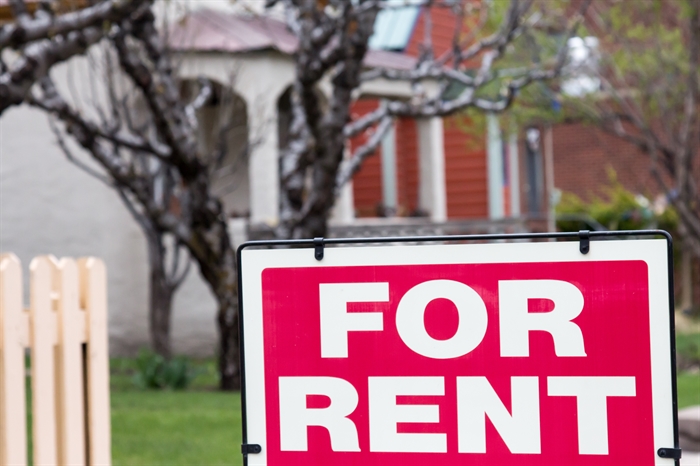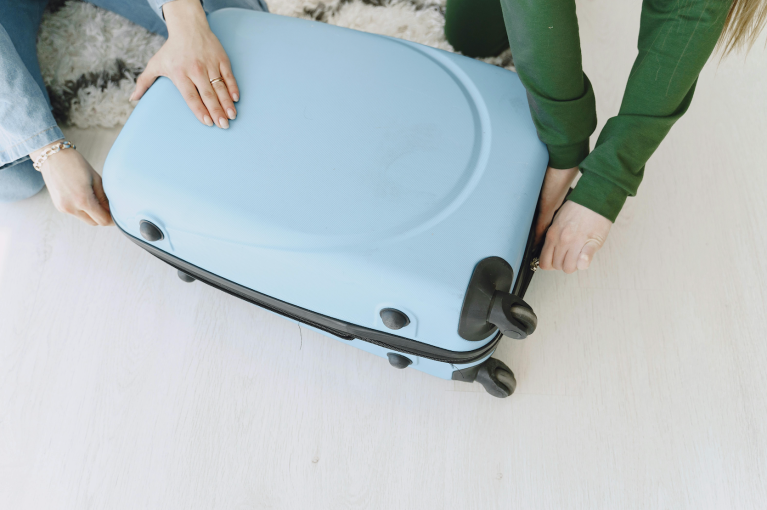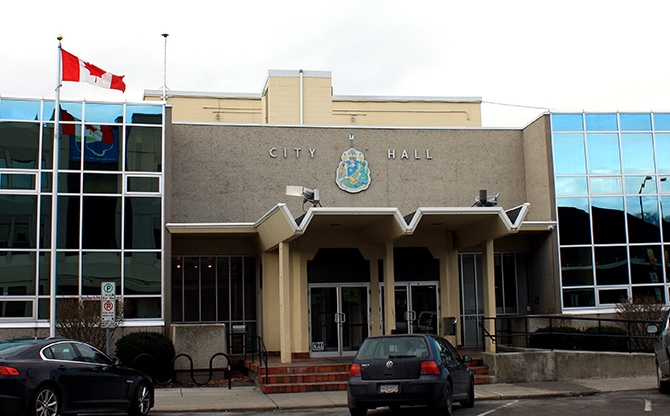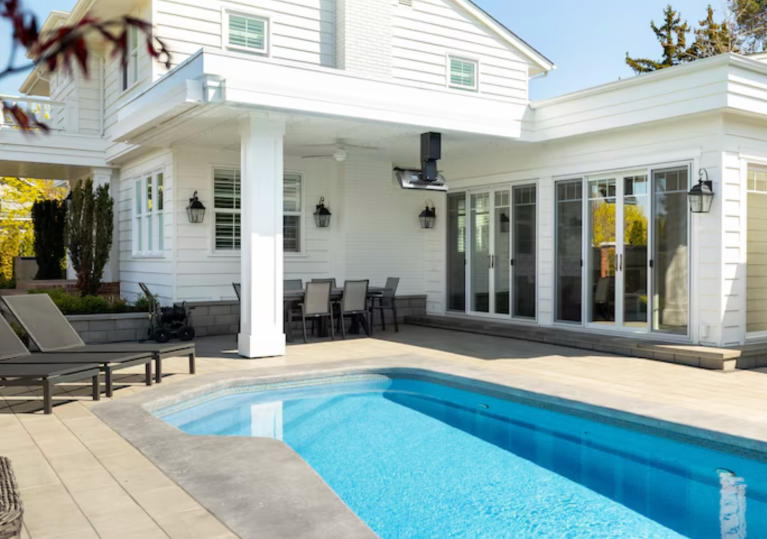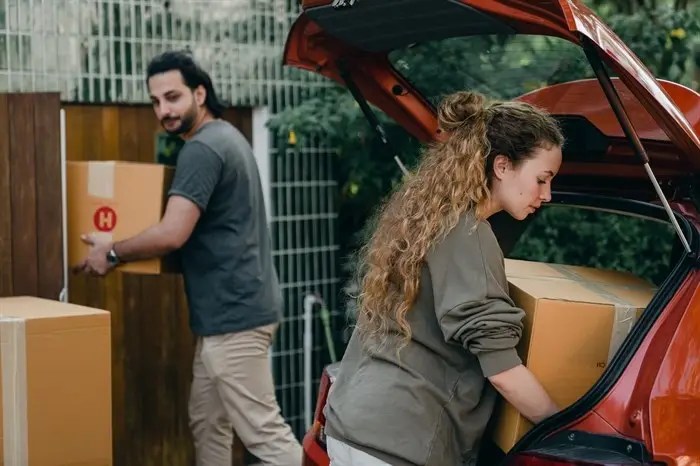
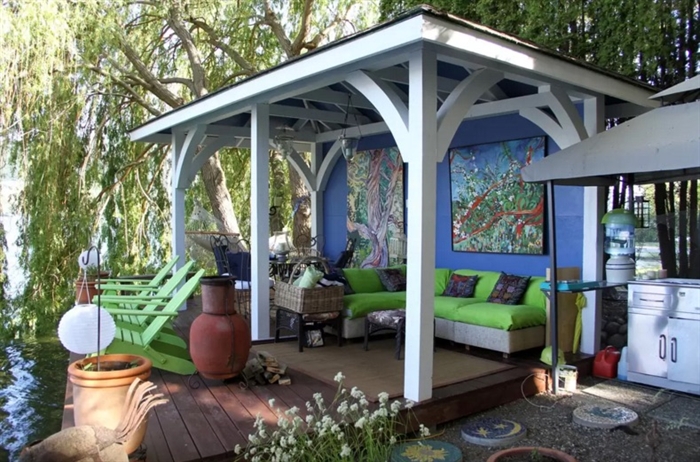
Kelowna vacancy rate good enough for city to revisit short-term rental ban
Kelowna’s vacancy rate has been a number to watch since it’s an indicator of how the city’s housing supply is doing, and with the rate where it currently is and population growth projected to slow down, the city is preparing to take a look at the short-term rental ban.
The city’s vacancy rate is around 4.5 per cent, up from 3.8 per cent at the end of 2024, and Kelowna’s planning director Ryan Smith said the city’s staff is going to prepare a report before Canada Mortgage and Housing Corporation releases its rental data in November.
“We’ll let council know what their options are with regard to short-term accommodation and the consequences and benefits of whatever option they choose and probably make a recommendation for them,” he said.
The strict rules for short-term rentals like Airbnbs in the city have been a controversial subject. The city can get an exemption from the provincial legislation and allow short-term rentals once the vacancy rate stays above 3 per cent.
At a council meeting this week, councillor Ron Cannan said he gets calls every week about the short-term rental ban. City manager Doug Gilchrist told Cannan that the city is likely to meet the required vacancy rate to bring more Airbnbs back.
Between 2020 and 2023, there was a 93 per cent increase in short-term rentals in Kelowna, jumping from 630 to 1,217.
After the ban came into full effect in May 2024 there were just 427 approved secondary use short-term rentals that were allowed to stay open for business.
Smith said that the vacancy rate is showing that the city has managed to start getting ahead of housing demand, but that doesn’t mean it’s time to slow down.
“We haven’t been building enough housing of the right type across the province or across the country for many years and it takes a while to build out of that,” he said.
It’s not certain whether the city will decide to bring back more short-term rentals, but Smith said Kelowna is going to keep pushing to get more housing built.
“A vacancy rate at 4.5 per cent, that’s exactly where we want it to be. If we stop building for a few years … we get a long gap without any rental housing and we get behind again,” he said.
News from © iNFOnews.ca, . All rights reserved.
This material may not be published, broadcast, rewritten or redistributed.

Join the Conversation!
Want to share your thoughts, add context, or connect with others in your community?
You must be logged in to post a comment.


